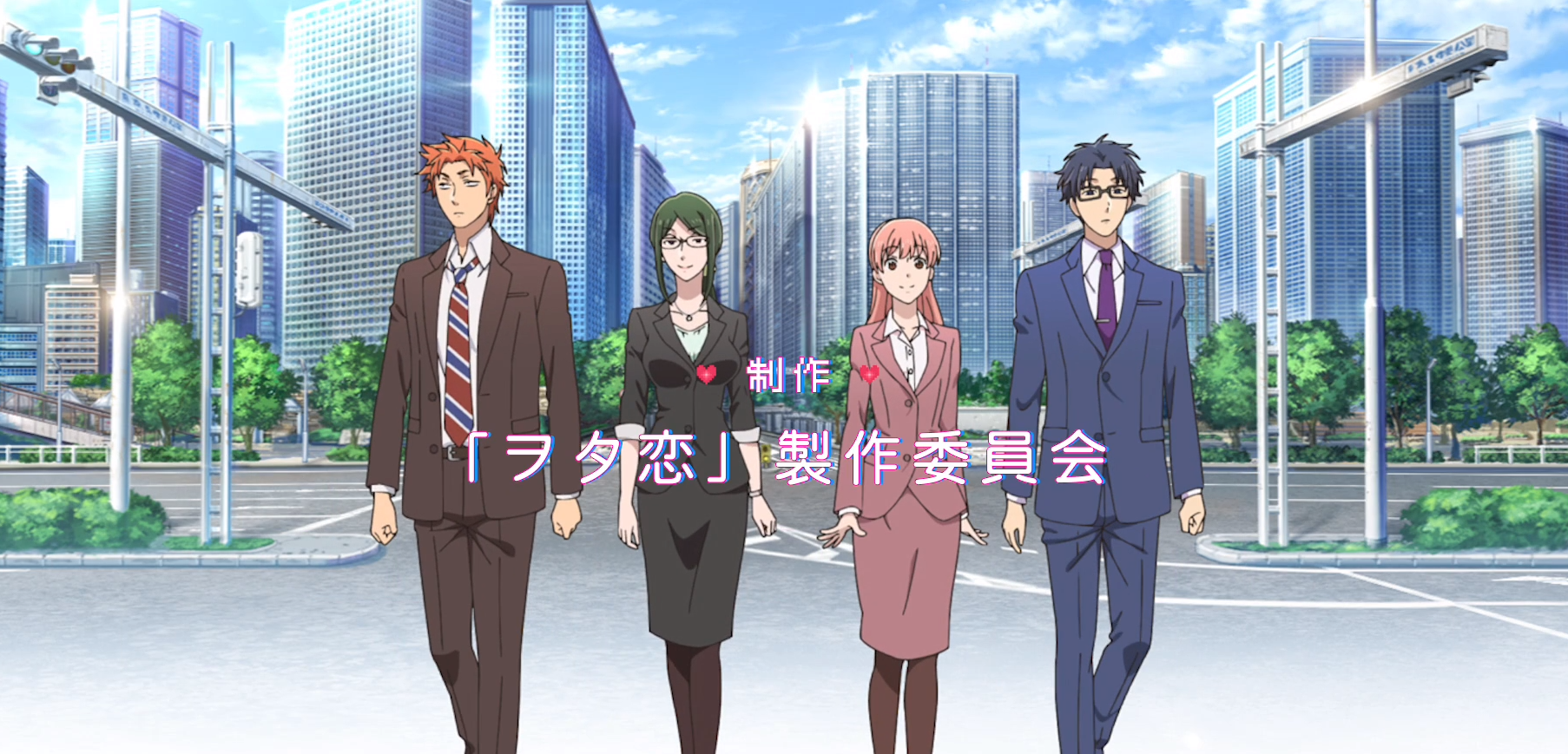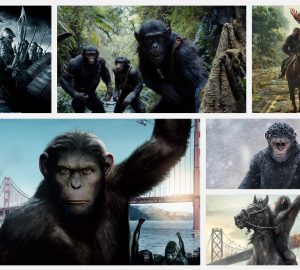It’s not hard to love ‘Wotakoi’
“Wotakoi: Love is Hard for Otaku” is a digital manga series by Fujita, adapted into an anime by A-1 Pictures earlier this year and released through Amazon Prime Video. Two childhood friends start working at the same company and then decide to date. The twist? They’re both secretly otaku, people obsessed with manga, anime and video games.

When I heard about this premise, I really wasn’t expecting anything good. It sounded like an animated version of “The Big Bang Theory” to me. A YouTuber I liked recommended the anime, calling it the best romance show of the season, and the art looked pretty so I decided to check it out.
It was great.
What makes “Wotakoi” so refreshing for fans of romance manga and anime is that instead of hundreds of chapters of the two characters slowly getting into a relationship. The protagonists, Narumi and Hirotaka, start dating very early in the story. Their friends and coworkers, Kabakura and Koyanagi, have been in a relationship for 10 years and bicker like an old married couple. It’s unusual and interesting to see a developing relationship explored in media, especially when contrasted with the very different dynamic side each couple has. Also, they’re mature adults, with jobs, which is shockingly rare for a romance anime.
The story also portrays the otaku subculture in a way that feels very true to life and well thought out. While some shows derive humor from simply referencing something nerdy, “Wotakoi” has whole sequences of the characters playing video games, shopping for manga or attending conventions portrayed in a way that’s funny and interesting. But this is because the characters are funny and interesting, not because the audience knows the things being referenced. A lot of the references to video games go over my head, but I still found the references entertaining because knowing them is only part of the comedy.
Fujita has put a lot of thought into each character’s unique relationship with media, which type of otaku they tend to be and how they got into anime and games. Koyanagi cosplays, Hirotaka plays video games and Narumi makes self-published fan comics known as doujinshi. Their personalities reflect and inform their interests. It really feels like the story is following a real group of adults who are friends, and not a collection of tropes and stereotypes.

The only thing I dislike about “Wotakoi” is the emphasis on fujoshi subculture. Fujoshi, a Japanese word that literally translates to rotten girls, which are girls who like “boy’s love” comics about male characters who are romantically or sexually involved with each other. The fujoshi characters in “Wotakoi” fetishize homosexual attraction in a way that makes me uncomfortable, without acknowledging the fact that gay people exist in real life. But the character dynamics are a lot of fun, and there’s not enough of the fujoshi aspects to make me want to drop the series.
The manga is being released in English by Kodansha Comics, and it’s impressively well-made. There are translation notes as well as notes on cultural references for the Western reader. Color inserts and jokes referencing Western anime fandom culture are put in specifically for the translation. I honestly recommend both the anime and manga versions of this series.



























